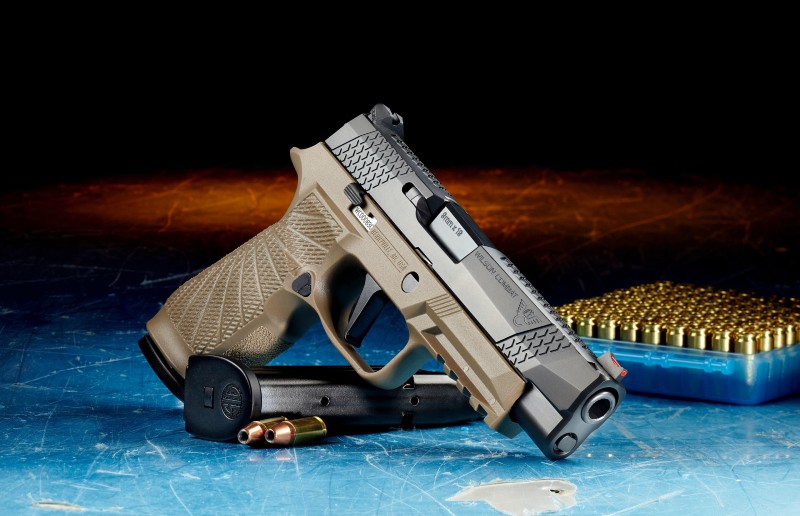
If you are a gun owner, you probably enjoy using your gun in a variety of ways. Some people keep their guns on hand solely for safety purposes, while others like to hunt. Some enjoy target practice.
Regardless of how you choose to enjoy your gun, you must first learn how to use it properly. That involves practice, and practice means discharging your weapon. But where and how you choose to fire your gun can have consequences, so it is important to know Minnesota firearm discharge laws.
Minnesota Firearm Discharge Laws
Minnesota statute section 609.66 addresses which actions involving dangerous weapons constitute a crime. Some crimes are misdemeanors, such as:
- Recklessly handling a weapon or firearm in a way that could potentially endanger other people;
- Pointing a gun at someone, even if the gun is not loaded; and
- Manufacturing, selling, or possessing a dangerous item with the intent to use it unlawfully as a weapon against someone else.
Other actions are considered felonies. Section 609.66 (1a)(3) states that firing or discharging a firearm recklessly within a municipality in the state of Minnesota is a felony.
Reckless Discharge of a Firearm Sentence
A judge can sentence you to up to one year in jail and impose up to a $3,000 fine for the misdemeanor offenses listed above. Minnesota Statutes Section 609.66 (1b)(1) and (1b)(2) address the felony penalties for recklessly discharging a firearm. Essentially, you can be sentenced to up to five years in prison and receive up to a $10,000 fine if the discharge occurs in:
- A park zone,
- A public housing zone, or
- A school zone.
Courts consider it less severe if the discharge happens almost anywhere else, imposing a lesser sentence of up to two years in prison and up to a $5,000 fine. With so much at stake, it is important to understand the reckless discharge of a firearm sentence that might apply to you.
Recklessness
The law states that reckless discharge of a firearm in Minnesota is a crime. But this statement can leave you wondering what the term “reckless” means in this context.
A person is said to have acted recklessly if they knew or should have known that their actions could cause harm to others. To help determine if specific actions were reckless, the court employs both a subjective and an objective test.
The subjective test asks whether a specific person in a specific situation knew or should have known that their actions could cause harm to others. The objective test asks whether a “reasonable person” would know that their actions were dangerous.
We Can Defend You
Gun charges are serious and can affect your ability to own firearms well into the future. If you find yourself charged with a gun crime, it is important to hire an experienced gun rights attorney.
The Criminal Defense Attorney & Workers Compensation Law Offices of Arechigo & Stokka has decades of experience defending your right to bear arms, and we will make sure that your rights are protected every step of the way. So call today, or set up a free consultation online.



